כדי להתגבר על האתגר, עלינו לעשות דברים חסרי תקדים כדי ליצור מבנה פיתוח שונה, וזוהי הזדמנות הן לממשלה והן לעסקים.
לאחרונה פגשתי כמה אנשי עסקים ומנהיגים ממחוז בן טרה , היישוב שנפגע בצורה הקשה ביותר משינויי האקלים בווייטנאם. הם אמרו שעסקים בבן טרה מתמודדים עם אתגרים וקשיים חסרי תקדים עקב עליית מפלס הים. בכל המחוז יש נהרות רבים, מעט מים מתוקים, ועליית מפלס הים גורמת למי מלח לחדור לכל מקום. עסקים ואנשים אינם יכולים לעשות עסקים, אפילו מי שתייה חסרים והם אינם יודעים כיצד להימלט מהמצב הזה. אמרתי להם שכדי לפתור את הבעיה הזו, עלינו לגלות חשיבה הפוכה ויש רק דרך אחת, והיא להפוך אתגרים להזדמנויות. הממשלה צריכה להיות מודעת לאתגרים וליצור הזדמנויות לעסקים; ועסקים צריכים להגיב ולנצל את ההזדמנויות הללו כדי להתגבר על המצוקה הזו. המחסור במים מתוקים בבן טרה הוא אתגר, אם מישהו יודע כיצד ליצור מים מתוקים, האתגר יהפוך להזדמנות. יש להם הזדמנות לחפור בארות ולגדל מינים ימיים שונים מהמסורתיים כדי להסתגל לחדירת מי מלח. חשיבה הפוכה כזו מרמזת שכדי להתגבר על אתגרים, עלינו לעשות דברים חסרי תקדים כדי ליצור מבנה פיתוח שונה, וזו הזדמנות גם לממשלה וגם לעסקים. במבט רחב יותר, ניתן להפוך את האתגרים של ארצנו גם להזדמנויות פיתוח. חשוב לדעת כיצד ליצור את המדיניות הנכונה, כך שקשיים ואתגרים יוכלו להפוך לכוחות מניעים ולהזדמנויות פיתוח. אם נסתכל רק על אתגרים כדי להתלונן ולהתבכיין, לעולם לא נתגבר על מצוקה. החשיבה ההפוכה, הפיכת אתגרים להזדמנויות, הופכת למקור השראה לפיתוח וזוכה לקונצנזוס במקומות רבים. קואנג נין היא דוגמה חיה. בעבר היו במחוז זה תשתיות לא מפותחות; נסיעות ומסחר עם מחוזות ואזורים שכנים היו קשים מאוד. 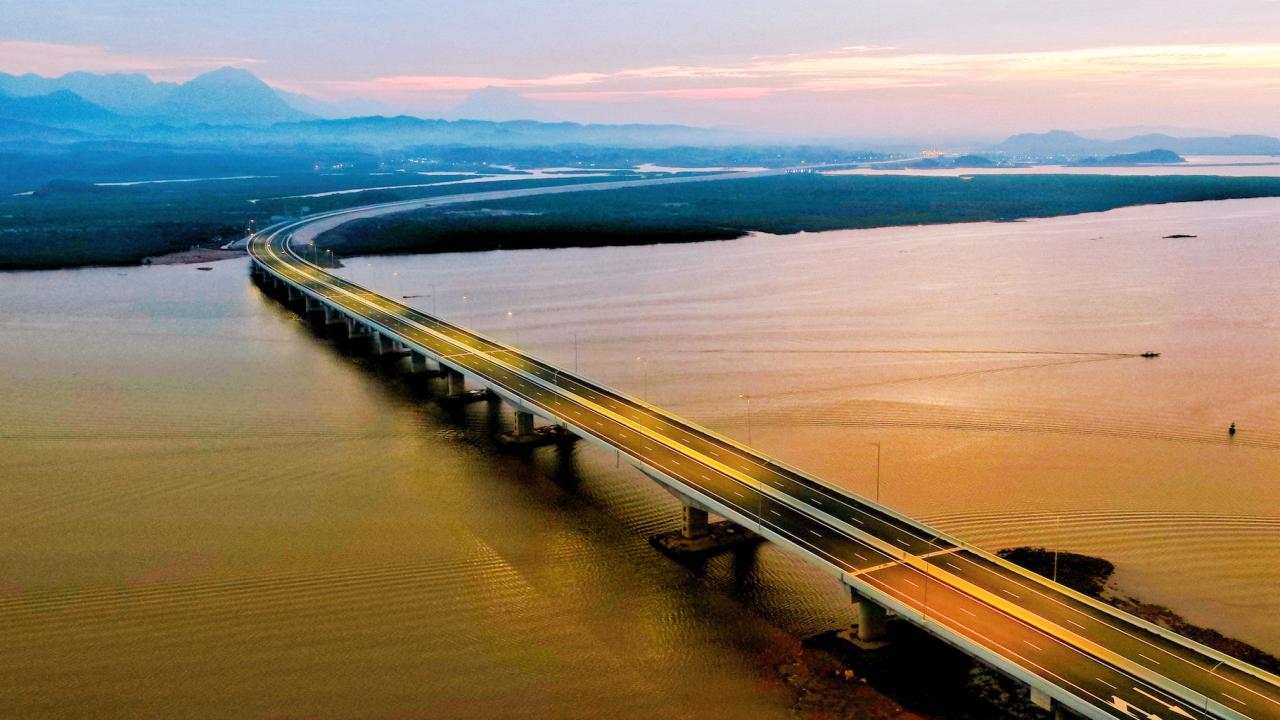

יש צורך ליצור יותר מרחב להתפתחות המגזר העסקי הפרטי. צילום איור: הואנג הא
To solve that challenge, Quang Ninh invited private enterprises to build Van Don airport and expressway. Van Don airport, the expressway from Ha Long to Mong Cai, the Ha Long - Hai Phong expressway connecting with Hai Phong - Hanoi expressway have helped Quang Ninh become the most convenient province for domestic and international trade in Vietnam. Weaknesses in infrastructure have been resolved. Unfortunately, Van Don airport is not yet connected to the international market. Quang Ninh has developed good infrastructure but does not have a synchronous structure. The international airport should be connected to the international market. This blockage prevents the tourism market from developing in line with the infrastructure. Thus, this bottleneck needs to be cleared, creating opportunities for Quang Ninh to connect with the international market. Open space for the private sector Looking at the broader picture, the whole country is about to be cleared when the North - South expressway and the coastal route are about to be completed in a few years. Moreover, Vietnamese enterprises participated in building these routes, not foreign investors. Our roads and money were given to Vietnamese enterprises to improve their financial and technical capacity. The infrastructure bottleneck, which used to be the biggest challenge, has now become an opportunity for development, in which Vietnamese enterprises are given the opportunity. This move is much more encouraging than giving opportunities to foreign enterprises to invest. With such thinking and working methods, Vietnam has built many of the longest and fastest highways, something unprecedented in the country's history. From the perspective of connecting roads, we need an information highway for digital transformation, big data... We also need to accept the challenge of green transformation, green economy , circular economy, carbon market as opportunities. The changing infrastructure of the economy will create many opportunities if we know how to take advantage. However, the State is still taking on too much, for example in the construction of the North-South Expressway, and is not in accordance with the TPP Law which encourages private investment. The State should create mechanisms and policies to encourage private enterprises to invest rather than the State doing it. In the market structure, the State still holds too much compared to the private enterprise sector. Up to now, only 8% of capital in the State enterprise sector has been equitized. זה לא פותר את בעיית המבנה והיעילות הכלכלית למרות מדיניות והנחיות רבות. אם השוויון יהיה איטי מדי, יהיה קשה מאוד לכלכלה להשתנות ולפעול בצורה יעילה יותר. המגזר הפרטי משתלט על נכסים לאומיים ממפעלים ממשלתיים, הם מנהלים טוב יותר ומביאים תועלת רבה יותר מנכסים אלה, לא רק שהמדינה תגבה יותר מיסים, אלא שהמדינה תיהנה מתועלת כוללת רבה יותר. יתר על כן, אם המדינה תמכור מניות במפעלים ממשלתיים, יהיה לה כסף לעשות דברים רבים אחרים בצורה טובה ויעילה יותר. השקפה זו הוסכמה אך יושמה באיטיות. גישה כזו למגזר הכלכלי הפרטי הובילה לכך שמגזר המפעלים הפרטיים חלש מדי ואינו יכול לצמוח. הכלכלה צומחת במהירות אך מגזר המפעלים הפרטיים מתפתח לחלוטין בחוסר פרופורציה, ורחוק מלענות על דרישות כלכלת השוק. בינתיים, מגזר ההשקעות הזרות הישירות עולה יותר ויותר על המגזר הפרטי המקומי ונראה שהכלכלה דואליסטית כאשר מגזר ההשקעות הזרות הישירות שולט. אנו תלויים יותר ויותר במגזר ההשקעות הזרות הישירות בעוד שלמגזר זה כמעט ואין אפקט שפיכה, אין אפקט מנהיגות טכנולוגית. Having said that, I do not mean to criticize the attraction of the FDI sector, but to emphasize that we need to create more space for the private enterprise sector to develop, do not make it difficult or troublesome for them. Our institutions still constrain the development of people and enterprises. Many resources are still allocated according to the mechanism of granting and asking for rather than being distributed according to the market mechanism, competition and equality. We have had nearly 40 years of Innovation, management experience is very rich and the private enterprise sector has been proven to be effective. If this sector develops sluggishly as it is now, how can we successfully implement the goals of 2030 and 2045? Many policies and guidelines have been carefully and methodically designed, but have not been consistently implemented in practice. In many cases, we have turned opportunities into challenges because we simply do not recognize or ignore opportunities. Today, strong integration commitments are creating a lot of pressure to change so that the economy becomes more competitive, proactive and autonomous. That is an extremely big challenge, but let's think in reverse to see where the opportunities are for us. Dr. Tran Dinh ThienVietnamnet.vn
מָקוֹר



![[תמונה] פתיחת פסטיבל התרבות העולמי בהאנוי](https://vphoto.vietnam.vn/thumb/1200x675/vietnam/resource/IMAGE/2025/10/10/1760113426728_ndo_br_lehoi-khaimac-jpg.webp)

![[תמונה] הו צ'י מין סיטי זוהרת בדגלים ופרחים ערב קונגרס המפלגה הראשון, קדנציה 2025-2030](https://vphoto.vietnam.vn/thumb/1200x675/vietnam/resource/IMAGE/2025/10/10/1760102923219_ndo_br_thiet-ke-chua-co-ten-43-png.webp)
![[תמונה] מלאכת אריגת כובעי סוסים ייחודית של פו ג'יה](https://vphoto.vietnam.vn/thumb/1200x675/vietnam/resource/IMAGE/2025/10/10/1760084018320_ndo_br_01-jpg.webp)




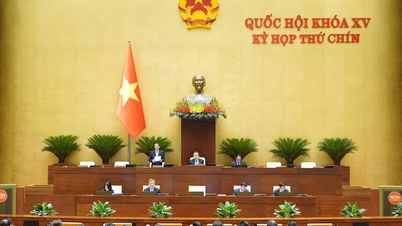
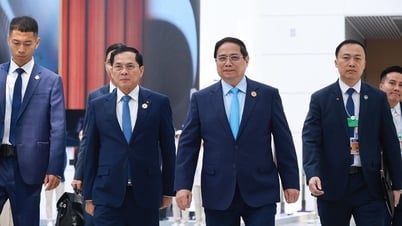

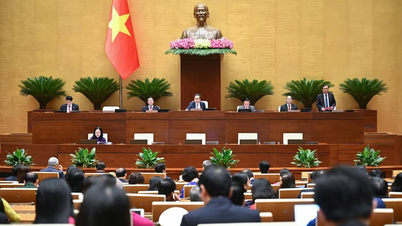

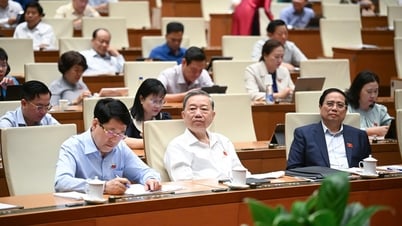





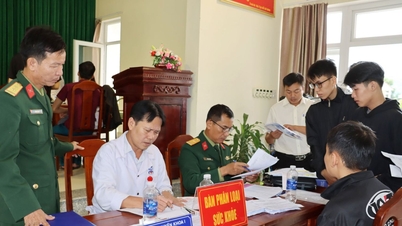

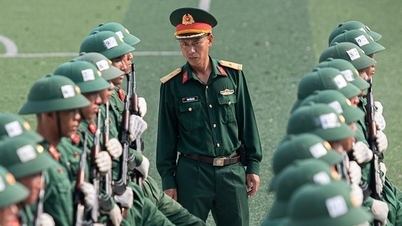
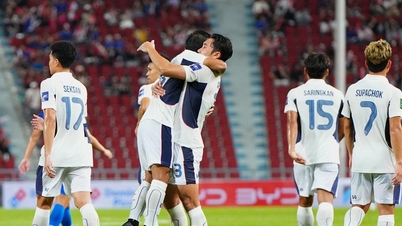
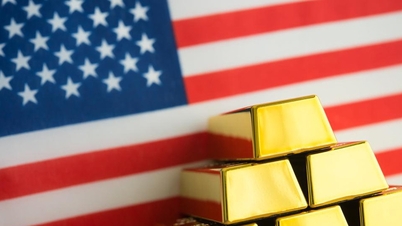
















































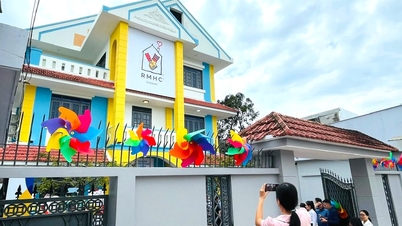

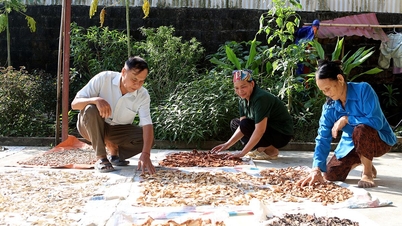

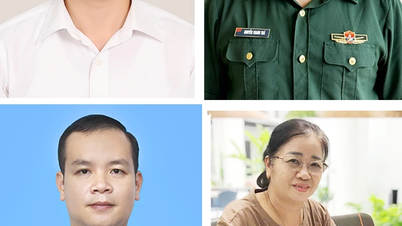
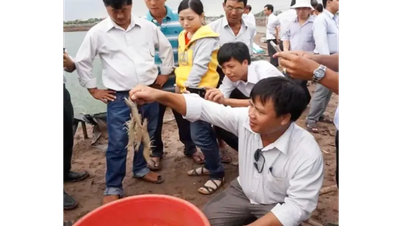















תגובה (0)